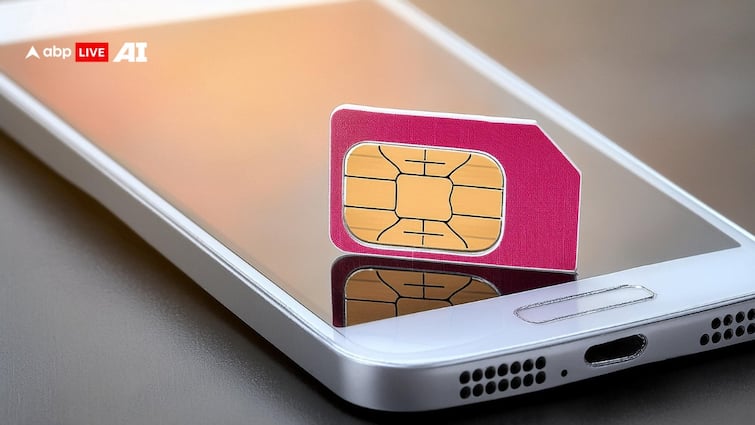Korean electronics company Samsung is about to introduce a new foldable phone Z Fold 5 in India on 26 July. Now the craze for foldable phones has also started increasing in the world. Have you ever wondered what is the difference between a foldable phone and a non-foldable phone (Non-Foldable Smartphone)? How do they differ from each other. Let us tell you here that the main difference between these two is in their form factor and design. Let us discuss it here.
form factor
As the name suggests, a foldable phone is designed to be folded, allowing it to switch between compact and traditional smartphone modes to a large tablet-like display. It usually has a flexible display that can be bent without damage. Whereas non-foldable smartphone is the traditional mobile device that we have been using for years. It (Smartphone) has a tough, non-bendable display and maintains a compatible form factor.
display size
When the foldable phone is opened, it provides a much larger display, which is often equivalent to a small tablet. This extended screen size allows for a deeper experience while watching videos, playing games or multitasking. Whereas non-foldable smartphones usually have a fixed display size, which remains the same no matter how it is used.
portability
The primary benefit of foldable phones is their increased portability. When folded, they occupy less space and can be easily carried in a pocket or bag, making them convenient for people on the go. Whereas non-foldable smartphones have a similar shape and due to their fixed dimensions, carrying them along can be heavy.
Durability and Design
Foldable phones are made with special materials and components to withstand the speed of folding and opening. However, their flexible display technology can be more fragile than traditional smartphone screens, making them more prone to damage if mishandled. While non-foldable smartphones are generally sturdier
There is a difference in the price too
Foldable phones are usually more expensive than non-foldable smartphones. The technology used in foldable displays is relatively new and complex, which contributes to the high cost. While non-foldable smartphones are available with options ranging from budget-friendly to high-priced.
box use
Foldable phones are more useful for users who want a device that can function as both a smartphone and a tablet, providing an easy transition between the two modes. Whereas non-foldable smartphones are ideal for users who mainly need a standard smartphone experience and do not need folding capability.




